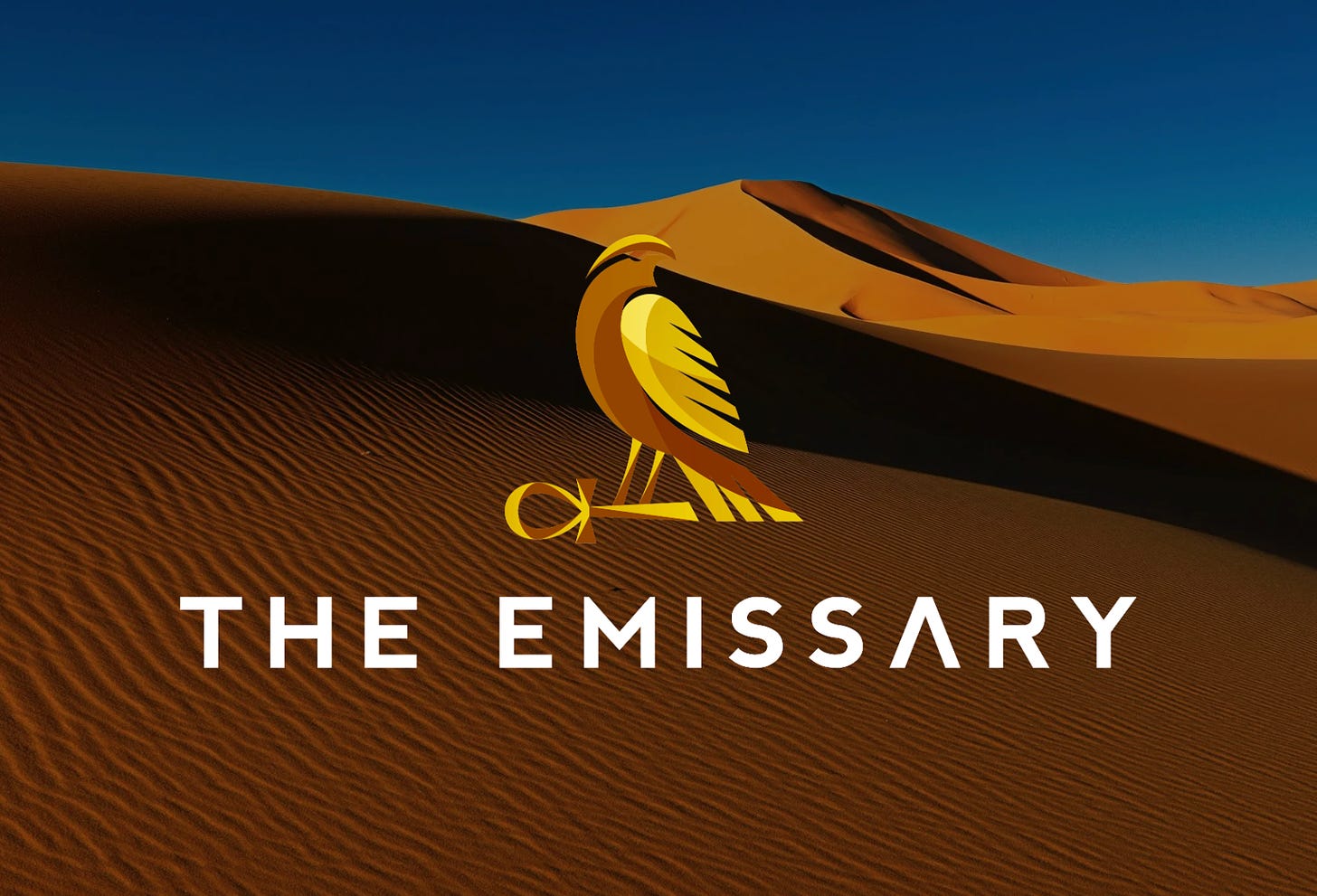Akshar Patel: Modi's India in the 21st century
Manage episode 417358690 series 3270887
10% of pediatric cancer is linked to a single-gene variation. These variants can be detected in embryos before pregnancy begins. Orchid’s whole genome embryo reports can help mitigate your child’s risk for cancer by screening for 90+ genetic variants linked to pediatric cancer. Discuss embryo screening and IVF with a genetics expert.
On this episode of Unsupervised Learning Razib talks to Akshar Patel of The Emissary about his recent sojourn in India. Patel began The Emissary because he felt there were many gaps in the media representation of India. Razib asks whether The New York Times’ claim that Modi is a strongman is correct, and whether India is an illiberal democracy. Patel notes that despite a Westernized super-elite embedded in global Left politics, India is fundamentally a conservative society where communal identity and background reign supreme. He observes that this collectivism is recognized in laws and social norms, though urbanized contexts are breaking down traditional barriers.
Perhaps the most notable aspect of modern India is its macroeconomic dynamism; today India is the world’s fifth largest economy, surpassing the United Kingdom. Patel saw widespread optimism about the nation’s economy and citizens’ own futures, bolstering Modi’s broad popularity. Nevertheless, media claims that the Muslim minority is being marginalized does seem to be broadly correct as Indian reaffirms its Hindu identity. Equally as important as religion in India is caste. Though Patel believes that dating apps and day to day interaction are breaking down caste, he observed on the ground the institution’s day to day utility as a way to obtain jobs or foster social welfare. Overall he sees a future India that is economically and geopolitically relevant, but also very distinctive and civilizationally assertive.
19 episodes





